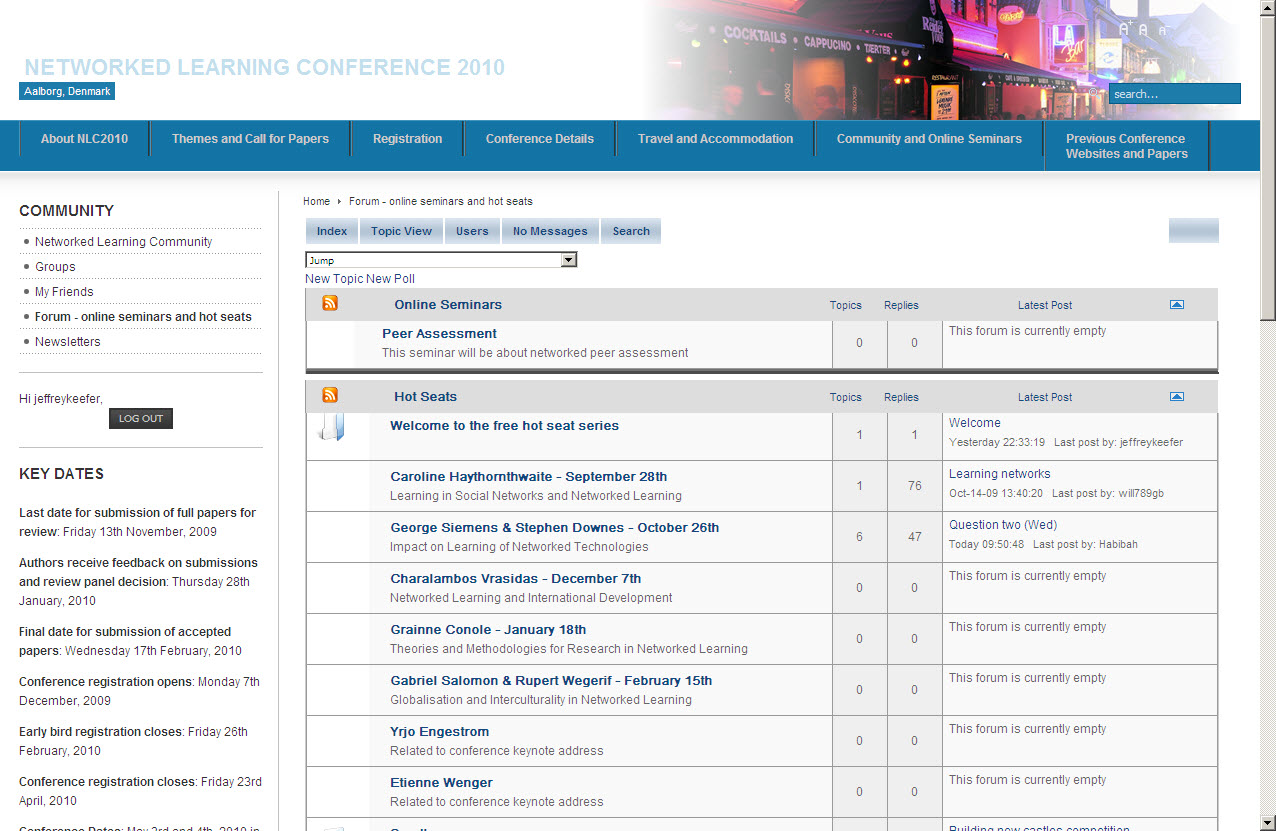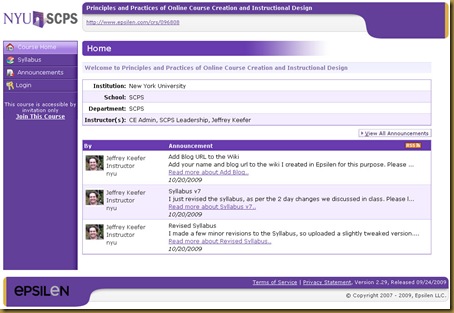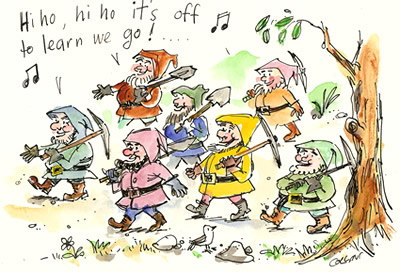I have been thinking a lot about this, though find that I really organize it and learn about it (and myself) when I begin to write it out (cf. Richardson, Writing: A method of inquiry, 2000), as the notion of writing as a form of inquiry is valuable for me. I learn as I write, and then the feedback along the way from my distributed community is invaluable.
To this end, I am beginning to look at the concept of Threshold Concepts and Troublesome Knowledge, as it seems related to the concept of transformational learning (something that I think may be related to autoethnographic inquiry). Lots of relationships here. A lot to process, though I just accessed these two articles and a book section that my faculty tutor suggested I read for some ideas. This is now my reading for the remainder of the week.
Meyer, J. H. F., & Land, R. (2005). Threshold concepts and troublesome knowledge (2): Epistemological considerations and a conceptual framewok for teaching and learning. Higher Education, 49(3), 378-388.
Marshall, J. (1999). Living life as inquiry. Systemic Practice and Action Research, 12(2), 155-171.
Perkins, D. (2008). Beyond understanding. In R. Land, J. H. F. Meyer & J. Smith (Eds.), Threshold concepts within the disciplines. Rotterdam: Sense Publishers.
I will begin tracking and developing my research idea here, and look forward to some feedback along the way. Any suggestions to help me process this are most appreciated!



